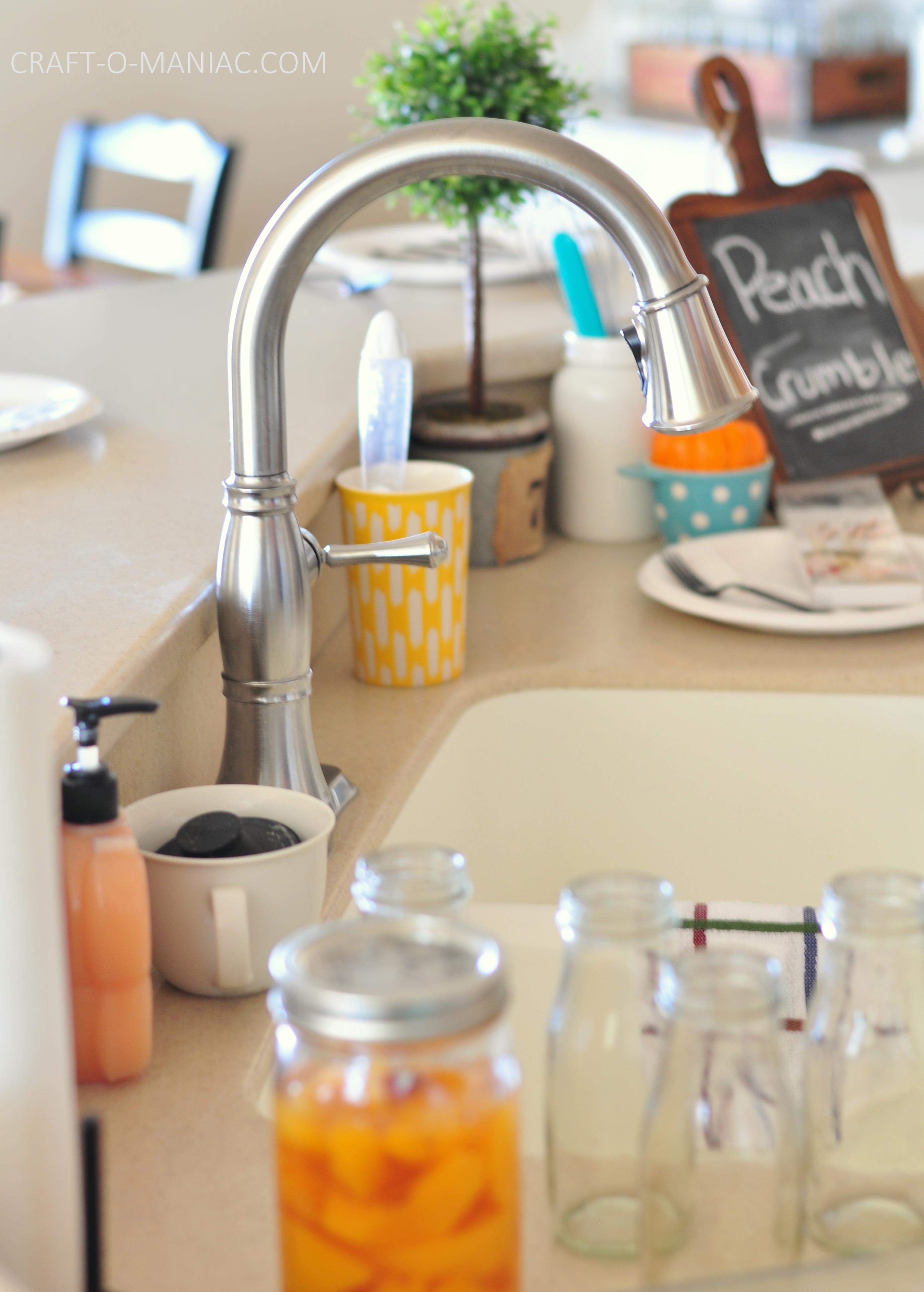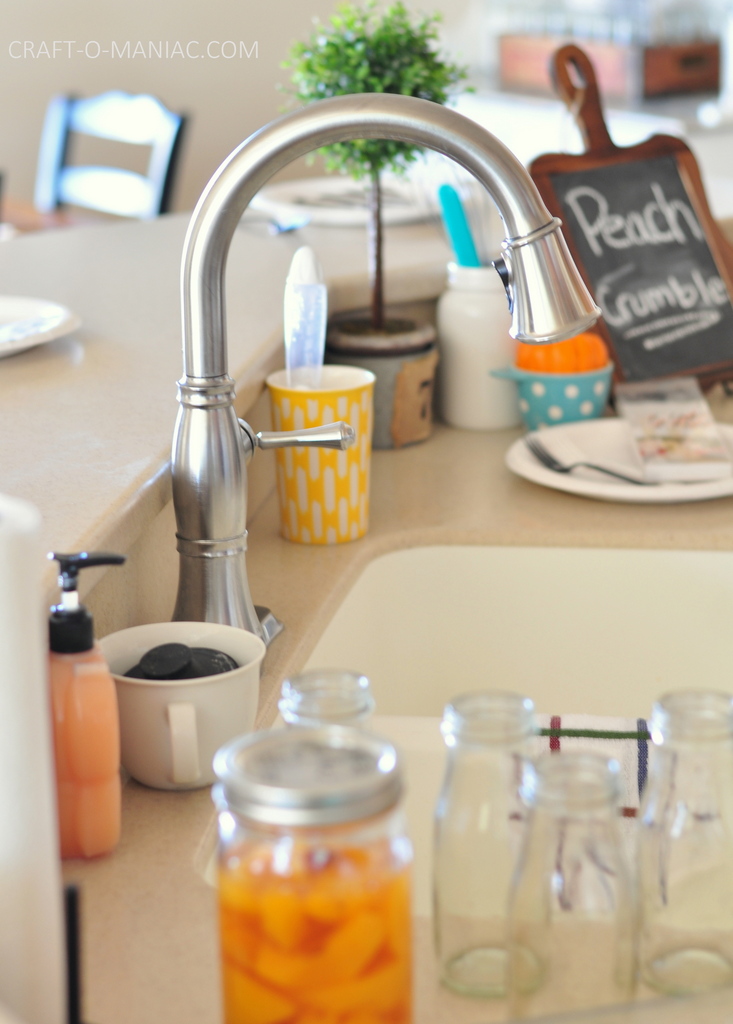Can water quality affect food taste?

Water is essential as it is in every cell of your body. You consume water daily in a variety of forms, this ensures your body has the liquid it needs to function properly.
While you may notice a difference in taste between different water sources, such as bottled water versus tap water, you may never have considered if the quality of the water will affect the taste of your food.
It’s important to note that, in this instance, the water quality refers to the mineral content of the water and not whether it’s actually safe to drink. Of course, the assumption that water from the tap is safe to drink can be miss-founded, but that’s another story!
How Water Quality Affects Food Taste
There are two main types of water, soft and hard. The main difference between these two is the mineral content. The greater the level of minerals the harder the water is.
You can tell you have hard water if your appliances often have a build-up of limescale, you struggle to get a lather when washing hands or dishes, or your dishes actually have a film on them. It’s not that the water is unsafe or bad, it simply is high in minerals.
Although these minerals are generally deemed to be beneficial for your health, it can be useful to reduce the level of minerals using a reverse osmosis filter.
It’s not just minerals that make a difference, chlorine can affect the taste of your water as well. Chlorine is added by the treatment plant to eliminate bacteria in the water.
However, it has a distinct aroma and taste, think of the swimming pool. That makes it an irritant as well as potentially damaging to your culinary skills.
The impurities and chemicals in water are absorbed by food. It doesn’t matter if you’re simply washing the vegetables or have pasta simmering in water.
The minerals will leach into the food.
Not only will you be increasing your intake of minerals, heavy metals, and chemicals, you’ll also change the flavor of your food.
If you’re not sure make the same dish using bottled water, you’ll spot the difference immediately.
The same is true when you’re making yeast, pastry, and other foods that have water in them. The flavor of the water will affect the flavor of your finished food.
The Solution
The best solution is to invest in a reverse osmosis water filter that will remove these minerals and the chlorine from your water. You’ll notice the difference in taste when you cook!
Interestingly, without the minerals in the water, the pasta and rice will actually cook quicker and appear creamier. It’s surprising how much difference that makes.
You won’t just be improving the flavor of the food, allowing you to enjoy the food flavors as opposed to the chemicals. You’ll also be eliminating the chemicals that could cause you health issues. Once you realize that, getting a water filter isn’t a good idea, it’s a necessity!
